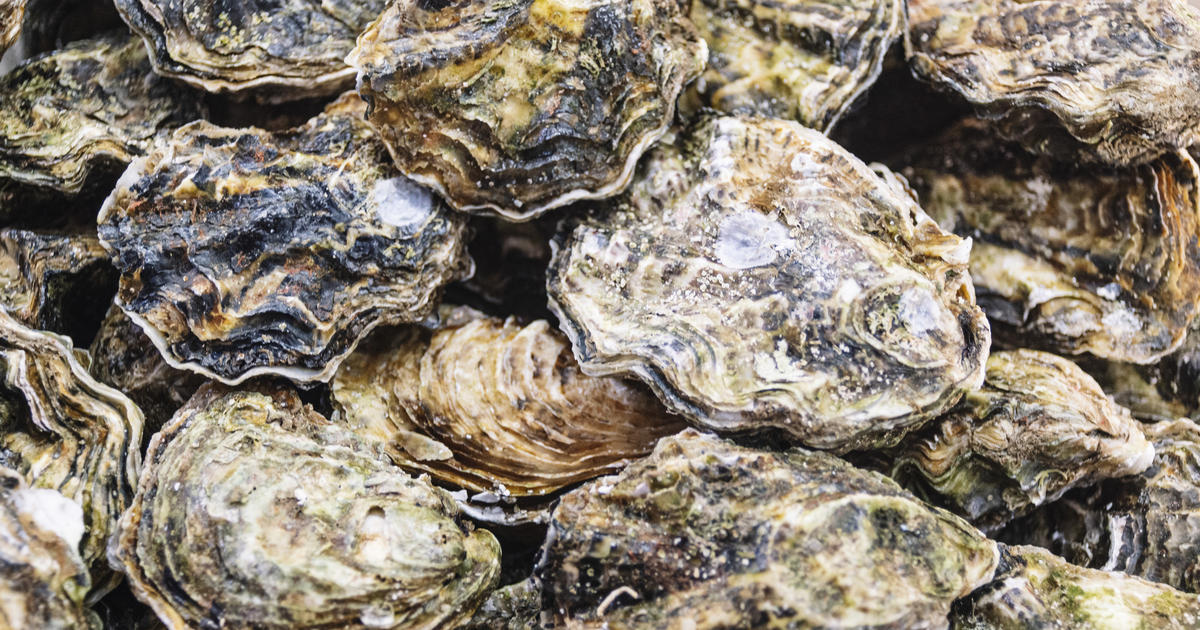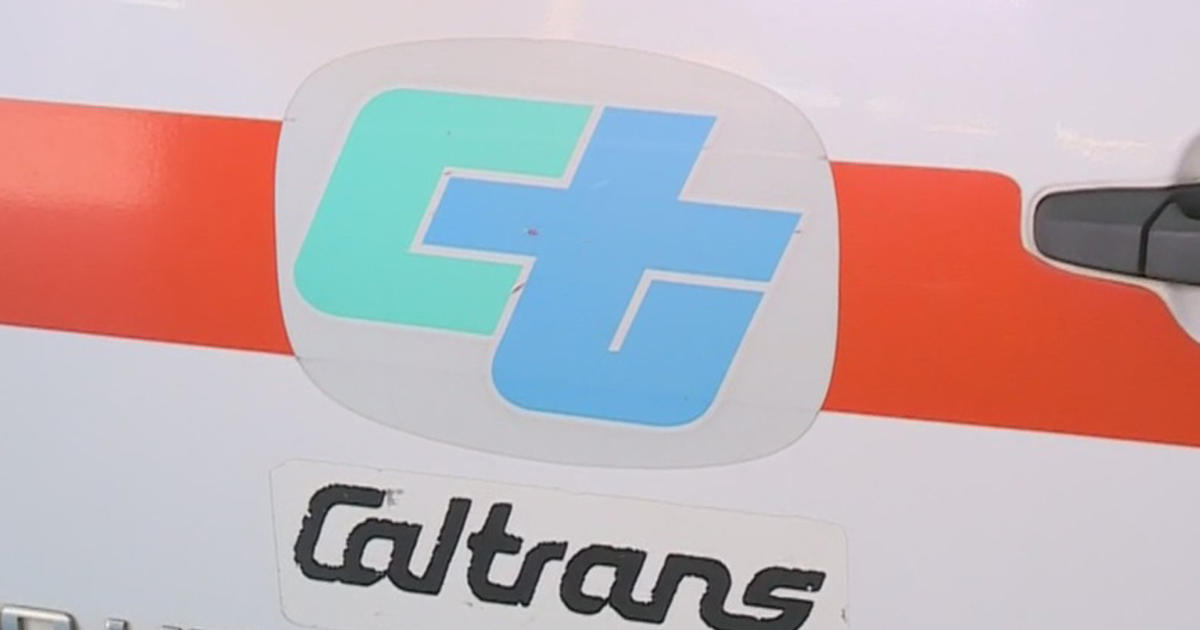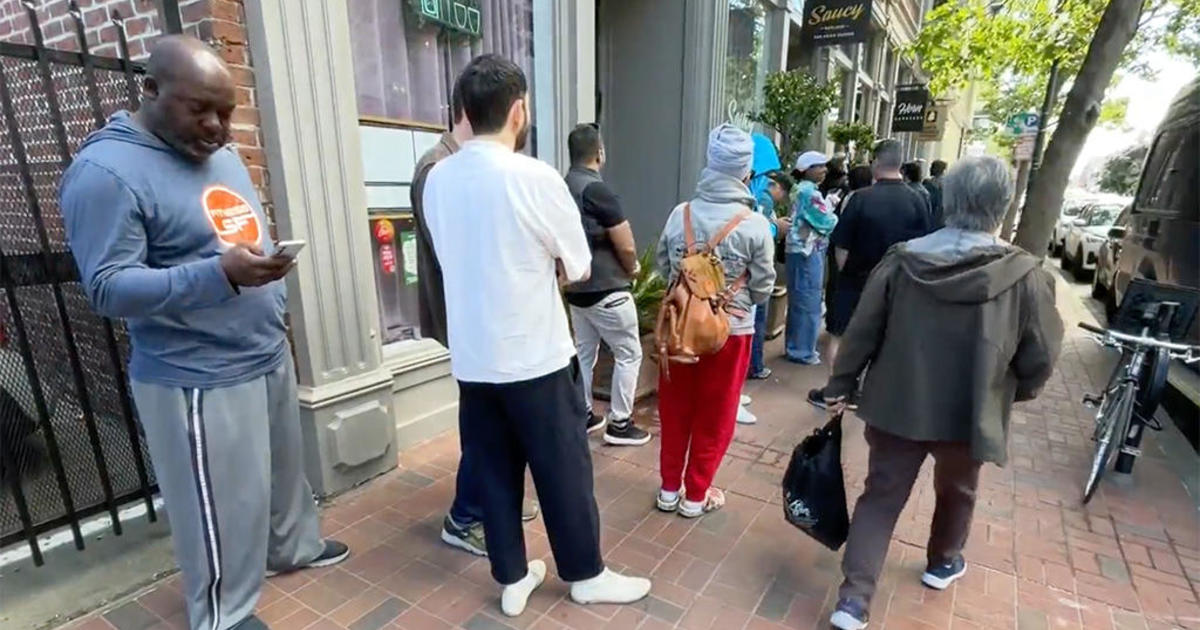Subway Bans Azodicarbonamide, But Will Azo-Free Foods Catch On And Should They?
SAN FRANCISCO (CBS SF) -- The latest chemical that you didn't know you needed to avoid eating is now already removed from one fast food chain's products, and could soon be removed from many more, although the FDA allows its use. The chemical is azodicarbonamide and Monday, Subway restaurants announced all of its bread was "azo-free."
The reason you may not have known about the chemical in food is that it's more commonly used in other things that you HAVE more likely heard of, like yoga mats.
Azodicarbonamide or "azo" is known to trigger asthma and other respiratory issues among workers who manufacture the raw product, but it's unclear whether it poses a risk to consumers.
A report from the Environmental Working Group found nearly 500 foods contain Azo, but it no longer appears in Subway breads as of this week.
AZO IN 500 FOODS? Environmental Working Group Report
Subway announced, "To our knowledge Subway is the first major restaurant chain in North America to completely remove Azodicarbonamide from its core bread formulations."
The chain also wrote, "We take great pride in our bread leadership... Azodicarbonamide is used in most bread and by most brands, but removing it has long been part of our bread improvement program."
Subway took up the cause after popular blogger, Vani Hari from FoodBabe.com petitioned it to get rid of Azo.
Australia and the European Union do not allow it as a food additive, but the U.S. does allow it.
The FDA regulations specify, "The food additive azodicarbonamide may be safely used in food in accordance with the following prescribed conditions..." and then includes details about using it saying, "...as an aging and bleaching ingredient in cereal flour in an amount not to exceed 2.05 grams per 100 pounds of flour, 45 parts per million..."
The FDA continues, "To assure safe use of the additive, the label and labeling of the additive and any intermediate premix prepared therefrom shall bear, in addition to the other information required by the Act, the following-- the name of the additive, and a statement of the concentration or the strength of the additive in any intermediate premixes."
The Environmental Working Group wants it banned, writing,
"ADA [or Azo] is a synthetic substance used by plastics makers to generate tiny bubbles that make materials light, spongy and strong. These materials show up in flip-flops, yoga mats and many types of foam packing and insulation. In 1956, a New Jersey pharmaceutical and engineering firm discovered that ADA could be used as a "dough conditioner" to make bread that would rise higher, stay soft and resilient and form an attractive crust. The federal Food and Drug Administration approved its use as a food additive six years later."



